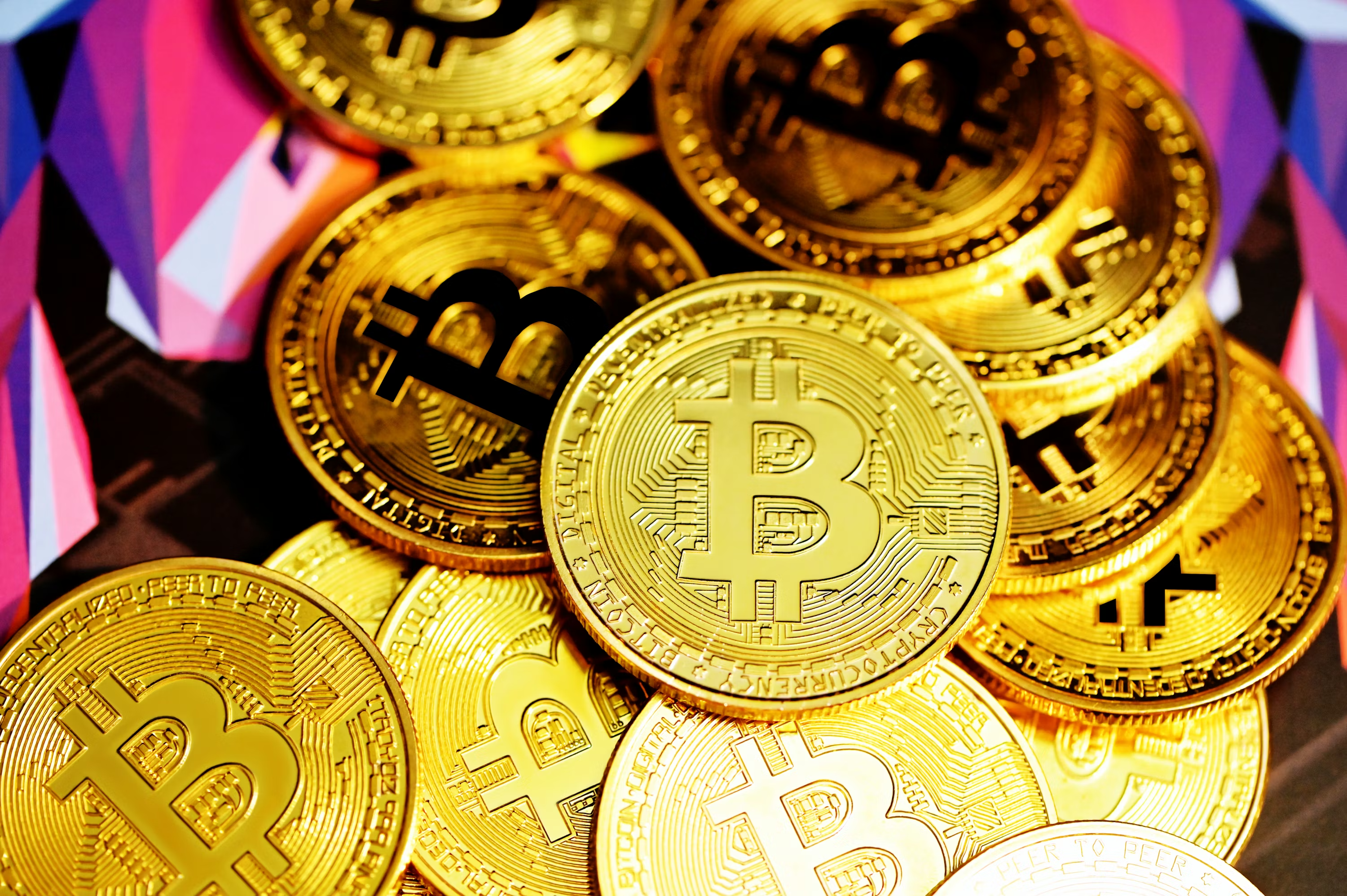A staggering amount of government borrowing to smooth cash holdings could help, it said. The investment bank said that the call money rate could move closer to the benchmark policy rate as and when the Reserve Bank starts easing its policy rates.
The recent tightness in India’s inter-bank liquidity, mainly due to an increase in government cash balances with the RBI, has kept inter-bank call money rates consistently above the policy repo rate.
The central bank has on an average injected liquidity amounting to Rs 1.6 lakh crore or nearly one percent of the net banking liabilities over the last two months. Though call rates eased, it has not been enough to consistently trade at the policy rate.
With the WACR exceeding the repo rate due to extended periods of large government cash balances in recent years, policymakers may need to look at alternative measures to counter frictional liquidity shocks that last longer than anticipated, said Goldman Sachs.
Among others, these can potentially include longer-term beyond 14-day repo operations when government cash balances build-up and staggering of government borrowing to smooth cash holdings.The call rate has come off in recent days, with fine-tuning operations by the RBI, and as the government has started drawing down the cash balances from the RBI.When the RBI eventually starts the easing cycle, we expect them to run liquidity surpluses and let the call rate trade below repo – we forecast one 25 basis points cut each in September and December calendar year 2024.













